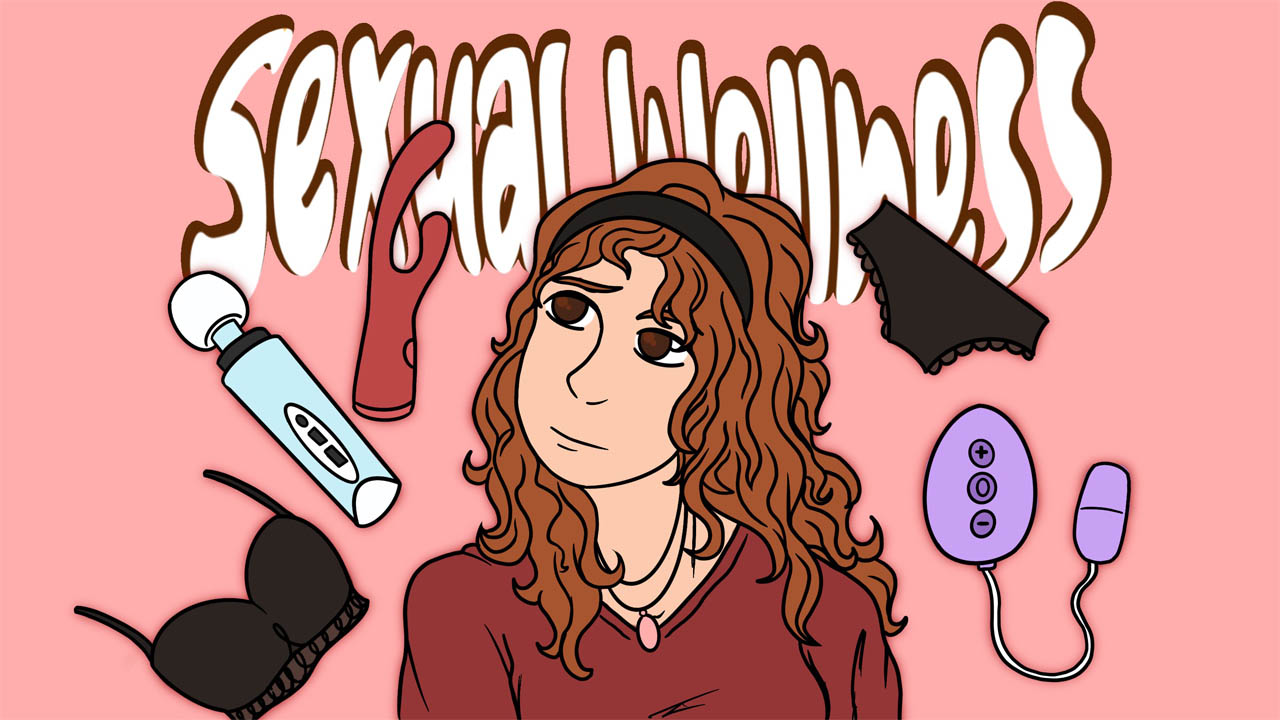Study finds Ont. women don’t know all the benefits of sexual wellness
 CREDIT: NINA HEPPLEWHITE
CREDIT: NINA HEPPLEWHITE"Just because we live in a sort of sex-drenched society, doesn't mean we are very literate in sexual communication or how we take care of ourselves or how we think about empathy in real time," Dr. Treena Orchard, associate professor at Western University said.
It seems Marvin Gaye was on the right track when he penned the famous 80s lyrics, “Sexual healing… makes me feel so fine, helps to relieve my mind.”
Dr. Treena Orchard, associate professor at Western University, anthropologist, author, and sexual wellness advocate recently joined forces with Shoppers Drug Mart for a new study that surveyed 1,000 women. According to the study, 93 per cent of Canadian women don’t understand what sexual wellness is, how to talk about it or incorporate it into their lives.
“Just because we live in a sort of sex-drenched society, doesn't mean we are very literate in sexual communication or how we take care of ourselves or how we think about empathy in real time,” Orchard said.
Orchard believes learning what it means to empathize where sex is concerned is a game changer.
“It’s one thing to say we’re all empathetic, but how do we ‘do’ empathy in relationships, in intimacy?” she said. “We adore celebrities who are living these very sexually sophisticated, completely unattainable lives. But then we also still have these taboos about talking about sexuality. So, it’s very hard I think, for a lot of people to make sense of these very conflicting ideas.”
By tackling the lack of confidence women still seem to exercise around speaking freely about their sex and intimacy needs, Orchard feels women can take back the power of their sexual wellness and really capitalize on the benefits it will provide to their lives.
“I think by joining sexuality and wellness, it can make the topic of ‘sexual wellness’ seem much less scary and much more approachable,” Orchard said. “It matters because I think the fact that a lot of women don’t know what sexual wellness means reflects the ongoing stigma surrounding sexuality for them.”
The study also found that Gen Z are almost twice as likely as boomers to view sexual wellness as important to both physical and mental health (57 per cent versus 34 per cent).
“There is a big difference among the Gen Z population, and I think it has to do with different cultural shifts that are happening in terms of gender identity, in terms of sexuality and expressing different kinds of sexuality,” she said. “I think that Gen Z is sort of reaping the benefits of this more inclusive, non-heteronormative way of living, and they’re really advocating for it. A lot of my research with this age group really demonstrates that they want to create their own life. They don’t just want to inherit the old labels from boomers or Gen Xers like me.”
Another result of the study found 32 per cent of Ontario women were unaware or misinformed about the health benefits of sexual stimulation.
“In terms of the health benefits from orgasm as well as even sexual touch, you know, it can release endorphins which feel good and can also help with pain,” Orchard explained. “Pleasure feels good. It connects people to themselves. It can improve your sleep, reduce anxiety. When looking at the survey and the implications of it, the fact that a lot of women don’t know what sexual wellness means or what it can include, then they’re missing out on some of these health-related benefits.”

















